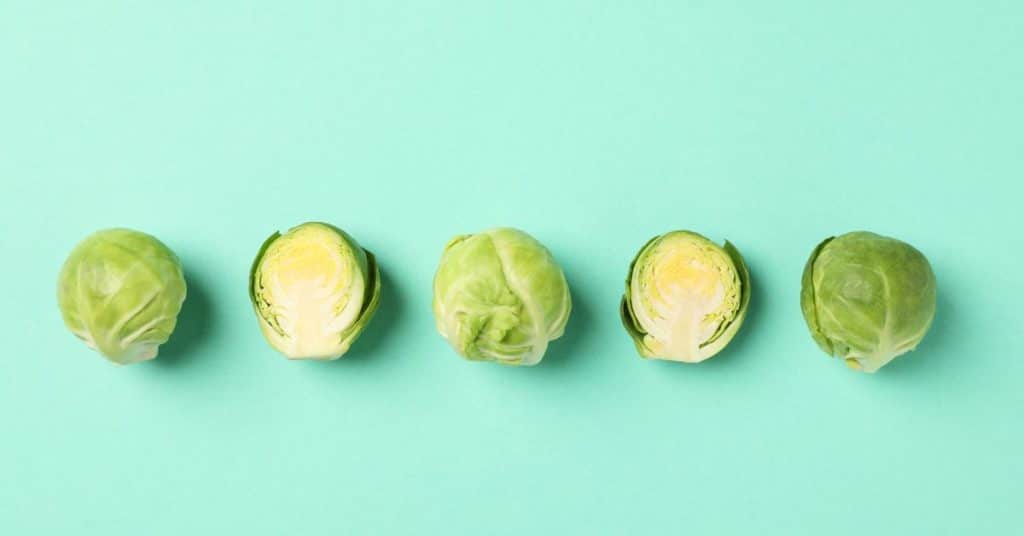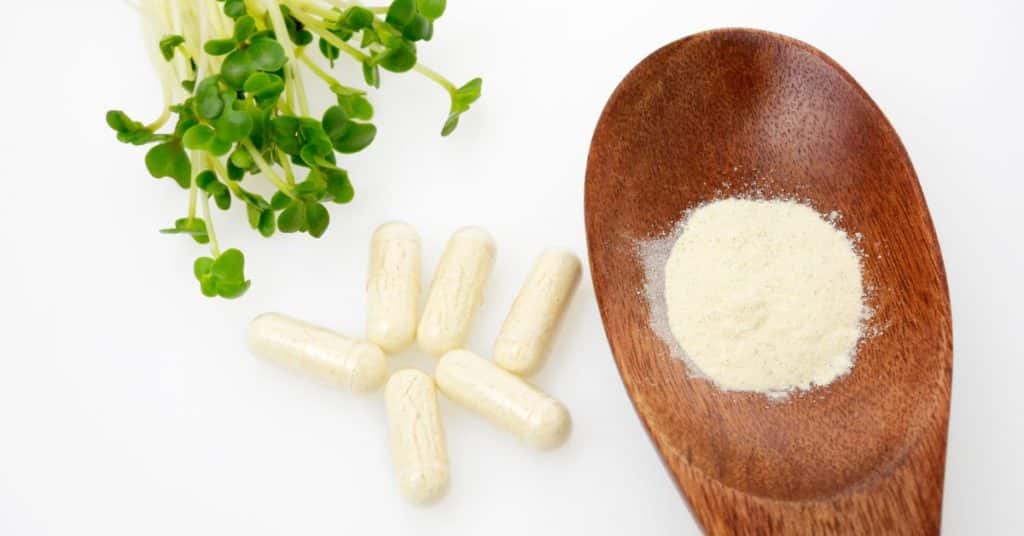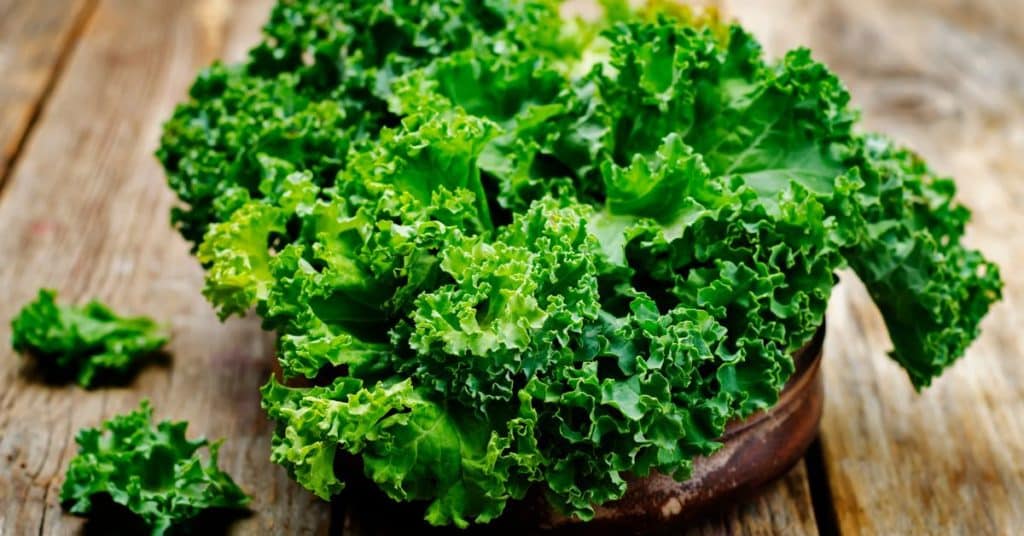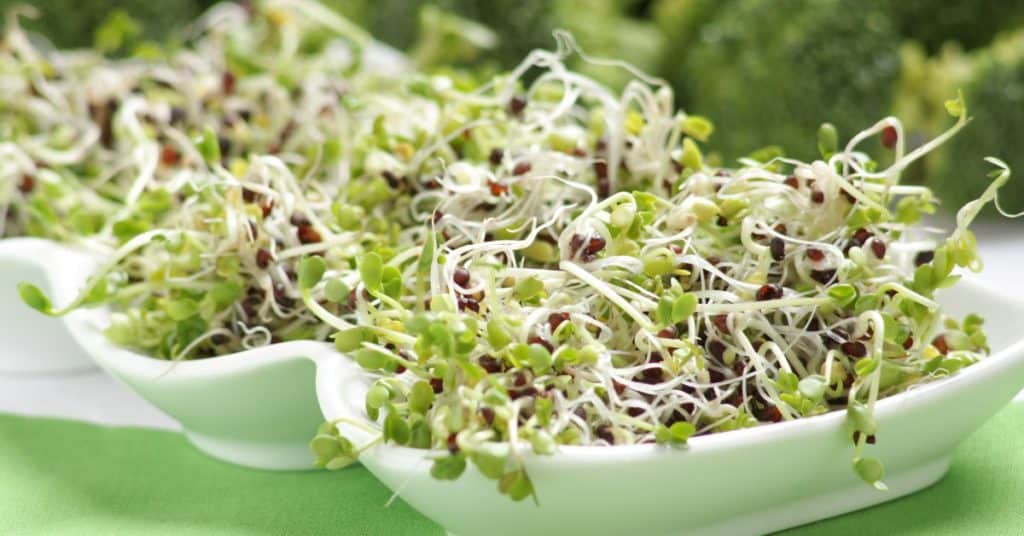
Food is a Strong Strategy to Help Combat Toxins
Many people ask me how to eliminate toxins from their day-to-day life. Their ultimate goal is to prevent disease. This is at the forefront of people’s minds especially those with family histories of certain conditions that are triggered by environmental toxins. There are a variety of strategies including air filtration, clean beauty and cleaning supplies, mold remediation, home construction, etc. However, it is literally impossible to remove all toxins from the environment. Rather than stress over things one cannot control, I like to focus on what we can control. The food we choose to eat is one strategy that can be controlled on a daily basis and can help the body in its fight against toxins. But what foods remove toxins from your body?

This One Nutrient Can Help Remove Toxins From Your Body
The key nutrient of the day is sulforaphane. Yes, it is a mouthful to say but it also packs a big punch when it comes to health and disease prevention. Specifically, sulforaphane has been shown to:
- participate in the body’s detox pathway
- protect brain function
- reduce inflammation
- lower the risk of cancer and
- delay the aging process.
Sulforaphane has been on this dietitian’s radar for a while due to the role in inflammation. Most recently, I have found the recent studies regarding bladder cancer and sulforaphane intriguing due to my personal family connection with a 7-year bladder cancer battle. This research extends beyond the bladder to include colon, breast, and prostate cancer types.
This nutrient is a type of isothiocyanate and is found in cruciferous vegetables including:
- Brussels sprouts
- broccoli sprouts
- cabbage
- cauliflower and
- kale.
The beneficial sulforaphane is released when the vegetables are cut, chewed or exposed to an enzyme produced by gut bacteria. Supplements are dependent on the status of the gut bacteria and the body’s ability to utilize the enzyme to convert to sulforaphane. Once again, food and a healthy gut are your two best bets when trying to reap the rewards of this nutrient.

Maximizing Impact of Toxin Reduction Through Food
However, it’s not as easy as eating cruciferous vegetables and reaping the rewards. A diet rich in these foods is helpful but there are few key points to keep in mind.
- Broccoli sprouts have the most available source of sulforaphanes.
- Raw versions of cruciferous vegetables are preferred because heating them can destroy the enzyme needed to convert the precursor to sulforaphane.
- Purchasing the vegetables and eating them shortly after purchase will help reduce the amount of lost sulforaphane.

What are broccoli sprouts? And why are they an essential food to remove toxins from your body?
What are broccoli sprouts? Did you mean Brussels sprouts? No. Broccoli sprouts are 3-5 day old sprouts of the broccoli plant that resemble alfalfa sprouts. These little florets are still attached to the seed of the plant. Compared to the full-grown broccoli plant, these sprouts have 100 times the amount of the sulforaphane precursor. And, these seedlings are a more bioavailable source of sulforaphane than their mature counterparts. This means you will absorb more of the sulforaphane.
There are some medical professionals who would argue that diet is not a good source of sulforaphane and supplements are necessary to meet the necessary level for disease prevention. Please note not all supplements are created equal and advise from a professional is warranted before venturing into sulforaphane supplement territory.
In the meantime – if you’re unsure what foods remove toxins from your body – including sulforaphane rich raw foods in your diet will most likely be helpful rather than harmful. Try this website for recipes to boost your intake of broccoli sprouts. If you’re looking for a dietitian to help you navigate your day-to-day health and nutrition, feel free to reach out!

